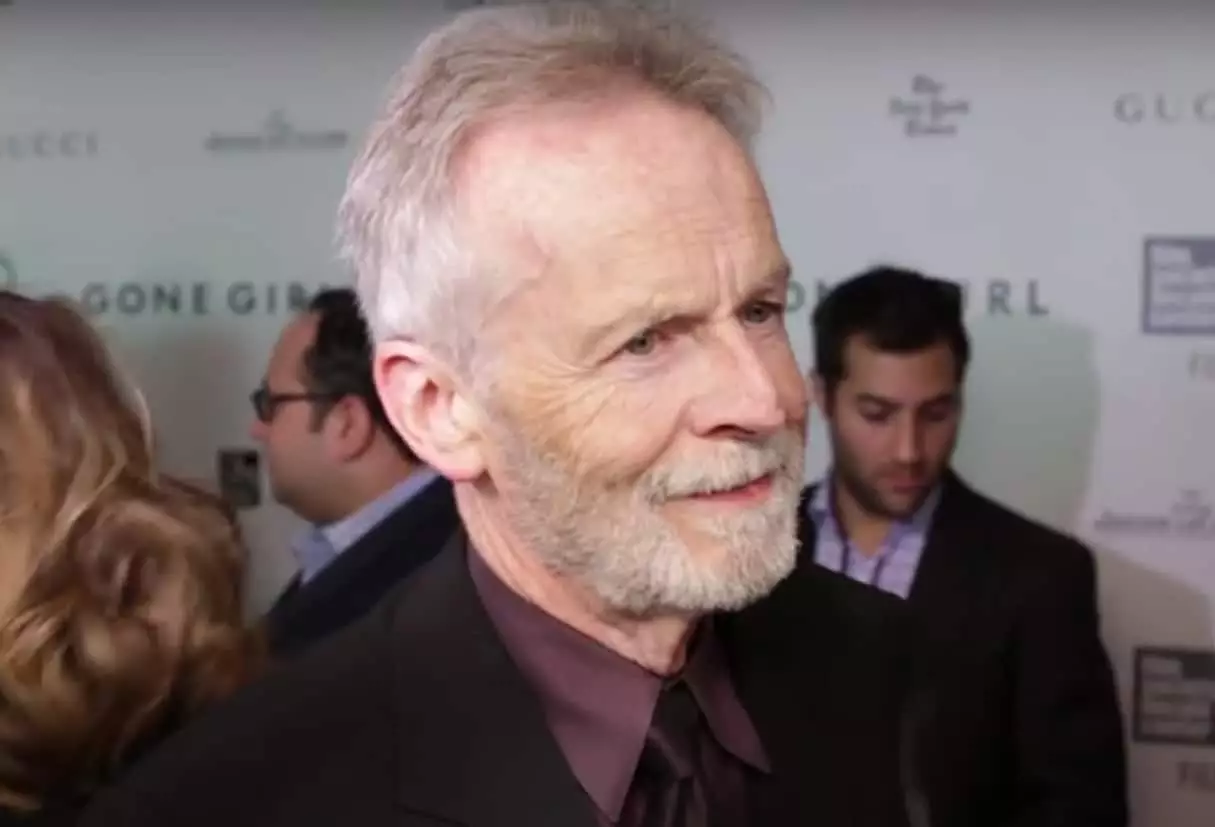At a recent cinematic event, veteran actor David Clennon, known for his roles in classics such as “The Thing” and “Gone Girl,” shared his experiences working with the legendary Muhammad Ali in the 1977 film “The Greatest.” Clennon’s insights into Ali offer a unique perspective on not only the man himself but also the cultural significance of his choices, particularly during the turbulent period of the Vietnam War. As the film portrays Ali playing himself, with Clennon in a pivotal supporting role, their collaboration serves as a lens through which we can examine feminism in the face of societal discord.
Ali as a Cultural Icon
Clennon emphasizes the importance of Ali’s stature as a cultural figure. For many, Ali was not merely a boxing champion; he was a voice of dissent against an unjust war. Interviewed about his experiences, Clennon recounted how Ali’s draft refusal resonated deeply with him and many young people of that era. As a self-identified “draft dodger” or conscientious objector, Clennon acknowledges that Ali had far more at stake than he did. Ali’s refusal to serve, filled with both moral conviction and personal risk, galvanized public sentiment and provided a rallying point for the anti-war movement.
In Clennon’s view, Ali’s choice “gave us that much more strength and voice.” This highlights the larger implications of celebrity advocacy, where the actions of famous individuals can embolden collective societal resistance. Ali was not just embodying his beliefs; he was shaping the narrative surrounding dissent and patriotism in America. Furthermore, Ali’s charisma and willingness to confront the status quo made him an emblematic figure for many who sought justice and change.
Human Connection Behind the Scenes
In exploring his time on set with Ali, Clennon paints a portrait of a surprisingly humble and amicable individual. Rather than a distant, untouchable celebrity, Ali was described as approachable and relatable—qualities that made working with him a memorable experience. Clennon particularly recalls the champion’s infectious enthusiasm for the film, noting that Ali was eager to partake in the camaraderie shared among the cast and crew, highlighting his unique blend of fame and humility.
The draft refusal scene within “The Greatest” serves as a backdrop for the actors’ interactions, reflecting not just a moment in Ali’s life but a powerful political statement. This scene, which Clennon is a part of, captures the complexities of a man who was willing to sacrifice everything for his convictions. Despite the sacrifice of nearly four years due to his refusal to enlist, Ali remained buoyant and affirmed, a testament to his unwavering spirit.
When asked about the cinematic portrayals of Ali, Clennon expressed a personal bias favoring “The Greatest” over other adaptations, notably Will Smith’s “Ali.” He highlights the unparalleled authenticity of having the real Muhammad Ali in the film—a critical element that differentiates it from other biographical narratives. For Clennon, it captures not merely the sport of boxing, but the essence of a transformative period in American history through Ali’s lens.
The actor’s comments draw attention to the challenge of portraying larger-than-life figures like Ali in film. While Smith’s performance was celebrated, Clennon’s point underscores a significant aspect of documentary filmmaking—authenticity. “The Greatest” encapsulates Ali’s own voice, capturing the heart of a complex man whose contributions transcended sports.
In discussing Ali’s legacy, Clennon touches upon his broad appeal, noting that whether or not one was a boxing fan, Ali commanded attention and incited strong feelings. The champion’s significance extended far beyond the boxing ring; he represented resilience and courage against the backdrop of a fractured society. Clennon reminds us that Ali was not just an athlete, but a pivotal historical figure whose influence has spanned generations.
Through David Clennon’s reflections, we find a reminder of Muhammad Ali’s multifaceted legacy. His story, documented in film and beyond, serves as a source of inspiration, urging individuals to stand for their beliefs amidst adversity. Ali’s life reinforces the notion that heroism often lies not in the absence of fear but in the courage to confront it. The intersection of celebrity, activism, and film, as illuminated by Clennon, evidences the power of storytelling in shaping cultural consciousness and providing a voice for the voiceless.


Leave a Reply